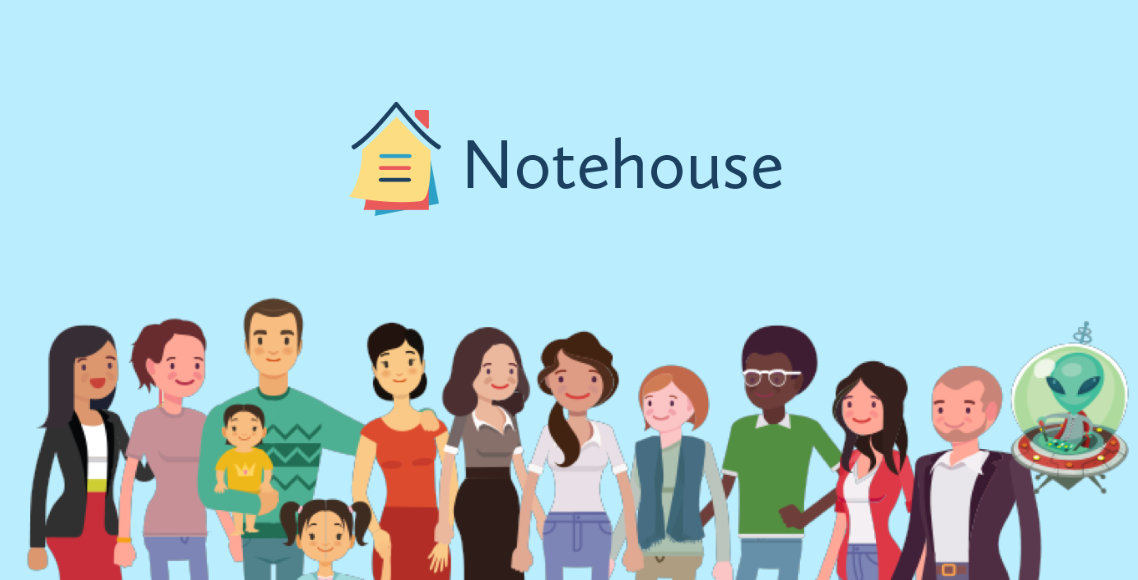How to Prevent Burnout in Social Work: Save Our Caseworkers!
.png.png)
Social work is a meaningful career, but it’s also an exhausting one. Professionals in this field often struggle to maintain a work-life balance and frequently worry about their clients when they should be relaxing and spending time with their families.
High caseloads and the stress of managing difficult circumstances for their clients can increase stress levels and drain physical and emotional reserves. In fact, burnout in social work is so prevalent that nearly 72% of people in this field currently experience it, and 56% of social workers have thought about changing careers in the past year.
Unless you’re taking steps to prevent burnout, you’re probably going to find yourself facing it at some point in your career. And once it sets in, it can also take several months to overcome without significant changes to your work environment. Fortunately, there are quite a few things you can do to keep yourself ahead of the game! Here are some of the best strategies for preventing burnout in social work and maintaining your work/life balance.
Set Boundaries
One of the best things you can do to keep yourself healthy and grounded is to embrace the power of a single word:
“No.”
Social workers are “yes” people by definition, and getting used to advocating for yourself can feel like a big change. It’s important to remember that simple “no” is not a rejection of people you care about—it’s about setting healthy boundaries so you don’t get overwhelmed by the amount of work you need to do.
The first person you should have a good working relationship with is yourself, and that means getting comfortable letting people know what you can and can’t do. These boundaries might feel like an inconvenience to them, but they are essential for protecting your longevity as a social worker. Here are a few examples:
Limit when you will answer client messages to specific work hours. Do not lose your nights and weekends to work calls.
Talk to your manager about your workload and set a maximum for the number of cases you can handle. Not only is this fair to you, but it ensures you will have enough time for your clients.
Stop saying “yes” to every request from your coworkers! If your peers know you will always agree to help, they will continue putting work on your plate.
Saying no is hard and it takes practice. However, when you set and respect your boundaries, others will as well.
Practice Self-Care
People often associate self-care with drinking wine after a long day or scheduling time at the spa. However, self-care takes work. It is the culmination of habits you develop to boost your overall health. Waking up early to prepare a healthy lunch, for instance, is a form of self-care because you’re taking the time to give your body the nutrients it needs instead of eating fast food or skipping meals. Even if they seem like common sense or normal behaviors, these conscious investments add up when you’re overloaded!
If you are worried about developing burnout in social work, look into your self-care practices. Make sure you are getting enough sleep, eating a balanced diet, and setting aside time for your favorite hobbies. When you feel good, you can approach your workload with energy and excitement.
Streamline Your Workflow
Few social workers have control over the number of clients they work with. While you can’t reduce your caseload, you might be able to improve your workflow.
For example, if you still take handwritten notes, you might struggle to read your handwriting later. If you record meetings, you will have to listen to the conversation all over again. These processes take up time throughout the week—especially when multiplied across all of your clients. By utilizing effective notetaking tools you can take clear and organized notes the first time so you spend less time reviewing them later. There are several excellent apps like Notehouse that not only keep your notes clean, helpful, and accurate but also make sharing with coworkers a breeze.
Nothing beats a spa day, and who needs a relaxing afternoon more than the tough-as-nails folks in social work? With these delightful baskets of serenity, your social worker can finally kick up their feet and relax down into some real R&R. A classic Pamper Hamper includes treats like herbal teas, chocolates, bath bombs, scented candles, and aromatherapy oils.
This is just one example of working smarter, not harder. It’s always worth looking at various aspects of your job and considering how you can eliminate duplicate work and time-consuming tasks, which will free up time for meaningful work.
Meet With a Mental Health Specialist
Burnout in social work is common because so many professionals empathize with their clients. When they leave the office at the end of the day, it’s not uncommon for social workers to continue worrying about the people they are trying to help. Unfortunately, this can lead to emotional exhaustion and compassion fatigue.
If this sounds familiar, consider meeting with a therapist to discuss your experiences as a social worker. Mental health professionals can give you tools to support your clients without letting them impact your personal life. These experts can also help you focus on your career goals so you approach your job with passion and excitement again.
Even if you don’t currently experience burnout, consider meeting with a therapist at least annually for a mental health check. A trusted counselor can help you set boundaries and identify unhealthy habits before they negatively affect your career.
Prevent Burnout Before It Creeps Up on You
You can’t always rely on your managers to identify signs of burnout and intervene on your behalf. Instead, you need to take control of your work environment and implement policies that guide how you navigate each day. Even if you can’t reduce your caseload, you can set boundaries, practice self-care, and streamline your operations to lower your chances of feeling burned out.
Take the first step today to fight burnout in social work by learning about Notehouse. Improve how you take notes so you spend less time transcribing, searching, and reviewing your writing. Getting organized can help you save time and approach the day with a level head. Try it for free today, and find out how Notehouse can help you take the pressure off!
.png)

.png.png)
.png.png)
.png.png)